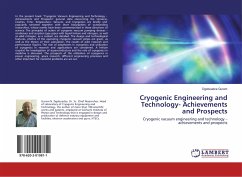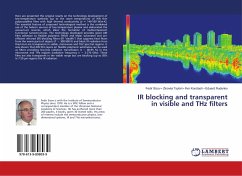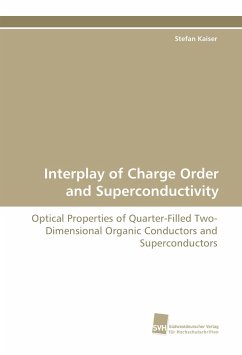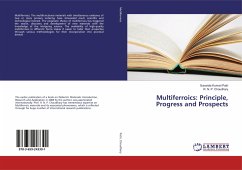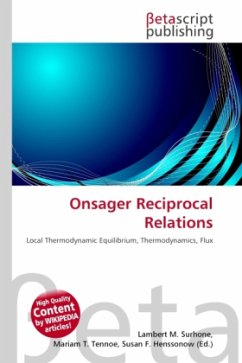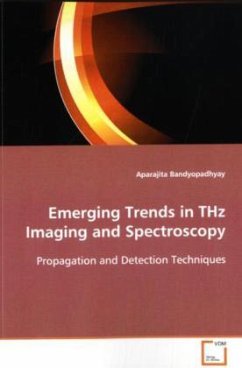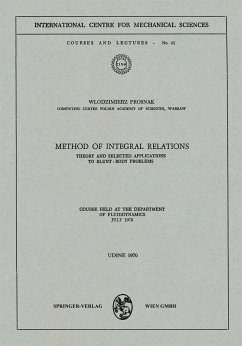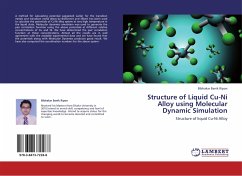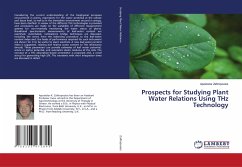
Prospects for Studying Plant Water Relations Using THz Technology
Versandkostenfrei!
Versandfertig in 6-10 Tagen
62,99 €
inkl. MwSt.

PAYBACK Punkte
31 °P sammeln!
Considering the current understanding of the biophysical processes encountered in plants, expressions for the water potential at the cellular and tissue level, as well as in the immediate environment around a canopy, have been clarified. A review of the different THz technologies is provided and conclusions are made on the suitability of different measurement systems for non-invasively monitoring the water status of plants. Broadband spectrometric measurements of leaf-water content are examined. Automated, null-balance bridge techniques are discussed, including the errors from the balancing pr...
Considering the current understanding of the biophysical processes encountered in plants, expressions for the water potential at the cellular and tissue level, as well as in the immediate environment around a canopy, have been clarified. A review of the different THz technologies is provided and conclusions are made on the suitability of different measurement systems for non-invasively monitoring the water status of plants. Broadband spectrometric measurements of leaf-water content are examined. Automated, null-balance bridge techniques are discussed, including the errors from the balancing procedure to the leaf-water content index and, the levels of performance required for such instrument are shown for it to be useful to plant scientists. A new leaf-water-content index is suggested, relating leaf relative water content to THz reflectance directly. These parameters can provide estimates of leaf water potential, solute or matric potential, and volumetric elastic modulus of the cells. The concept of a THz absorption-based osmometer is proposed and, a novel set-up for generating high S/N, THz transients with short integration times are discussed in detail.



